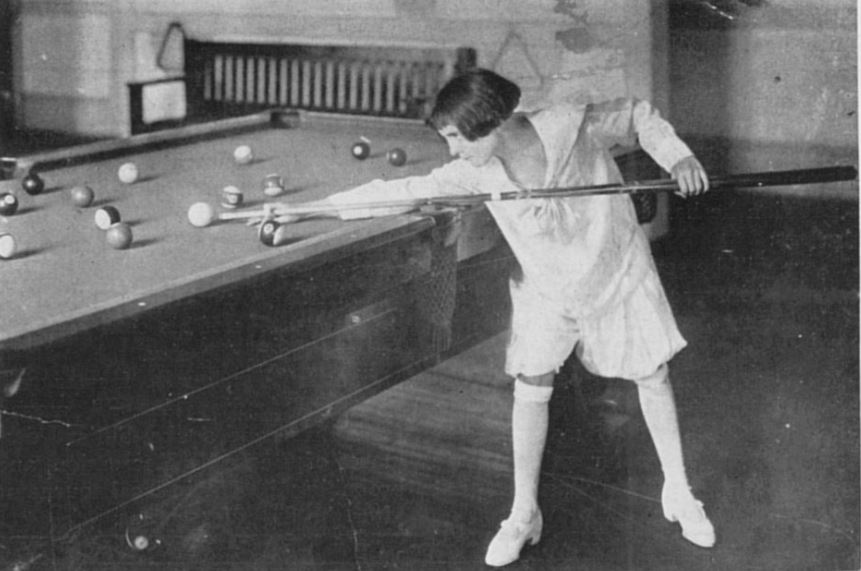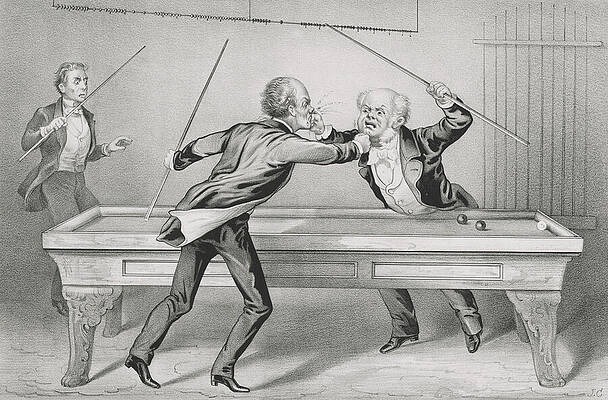Billiards in Europe: More Than a Game, a Cultural Experience
When most people think of billiards, they imagine a casual pastime, a friendly match in a bar, or maybe a competitive snooker tournament on television. But in Europe, billiards is more than just a game. It is a cultural institution woven into the social fabric of communities across the continent. From smoky pubs in London to elegant billiard halls in Paris and vibrant clubs in Berlin, cue sports have long been a gathering point where people connect, compete, and celebrate. This article explores the history, traditions, and cultural significance of billiards in Europe, revealing why it remains such an important part of social life.

A Historical Perspective
Billiards in Europe traces back to the 15th century, believed to have originated as an indoor adaptation of lawn games played by royalty. Over time, it spread beyond aristocratic circles and into public spaces. By the 18th and 19th centuries, billiards tables became common features in cafés, taverns, and private clubs.
In England, billiards evolved into snooker, which would later become a professional sport with a global following. In France, carom billiards developed into an art form of its own, celebrated for its finesse and geometry. Each European region embraced the game in a unique way, contributing to the rich variety of cue sports enjoyed today.

Billiards and the Bar Scene
One of the most enduring images of billiards in Europe is its connection with bar culture. In countries like the United Kingdom, Ireland, Germany, and Spain, it is not unusual for pubs and bars to feature a billiards or snooker table as a centerpiece.
-
Social glue: A billiards table transforms a bar into more than just a place to drink—it becomes a social hub where strangers turn into teammates and friends.
-
Casual competition: Whether it’s a local bar league or an impromptu challenge between friends, billiards creates a welcoming atmosphere for players of all skill levels.
-
Generational link: Older patrons often pass down techniques and stories to younger players, keeping traditions alive in a casual but meaningful way.
For many Europeans, memories of learning to play billiards are tied to family nights out or evenings spent in lively pubs with friends.

The Rise of Billiards Clubs
Beyond the bar scene, billiards also thrives in dedicated clubs across Europe. These clubs often serve dual purposes: they are training grounds for serious players and social venues for communities.
-
In the UK: Snooker clubs became especially popular during the 20th century, offering players a place to practice, compete, and watch matches on television.
-
In Germany and the Netherlands: Carom billiards clubs remain strong, with structured leagues and a focus on technical mastery.
-
In France: Elegant billiard salons highlight the artistic side of the game, often with beautiful wooden tables and a focus on refined play.
Clubs also play an essential role in organizing local and regional tournaments, fostering talent that eventually competes on national and international stages.
Etiquette and Cultural Values
Billiards in Europe is not only about competition; it is also about etiquette and culture. The way players approach the game reflects shared values of respect and tradition.
-
Patience and precision: Players are expected to take their time and respect the focus required for each shot.
-
Sportsmanship: Good manners—such as acknowledging a great shot by an opponent—are part of the game’s culture.
-
Inclusivity: While billiards was once seen as a gentleman’s pursuit, today it welcomes players of all genders and backgrounds.
These values make billiards more than an activity; they turn it into a microcosm of European social life, where fairness and camaraderie matter as much as skill.
The Future of Billiards in European Culture
Even in today’s fast-paced digital world, billiards continues to thrive in Europe. Modern billiard clubs are adapting by combining tradition with innovation:
-
Hybrid spaces: Many clubs now feature not only billiards but also darts, table tennis, and live music, creating vibrant cultural hubs.
-
Youth programs: Efforts to introduce cue sports to younger generations ensure the game remains relevant and popular.
-
Professional spotlight: With televised snooker tournaments like the World Snooker Championship drawing millions of viewers, the sport’s prestige continues to grow.
Ultimately, billiards in Europe is far from fading—it is evolving while retaining its timeless appeal as a game that brings people together.

Conclusion
Billiards in Europe has never been “just a game.” It is a cultural tradition rooted in history, hospitality, and community. From lively bar matches to elegant club tournaments, cue sports provide a unique space where competition meets connection. For Europeans, picking up a cue is not just about pocketing balls—it is about sharing stories, building friendships, and embracing a tradition that continues to shape social life across the continent.
